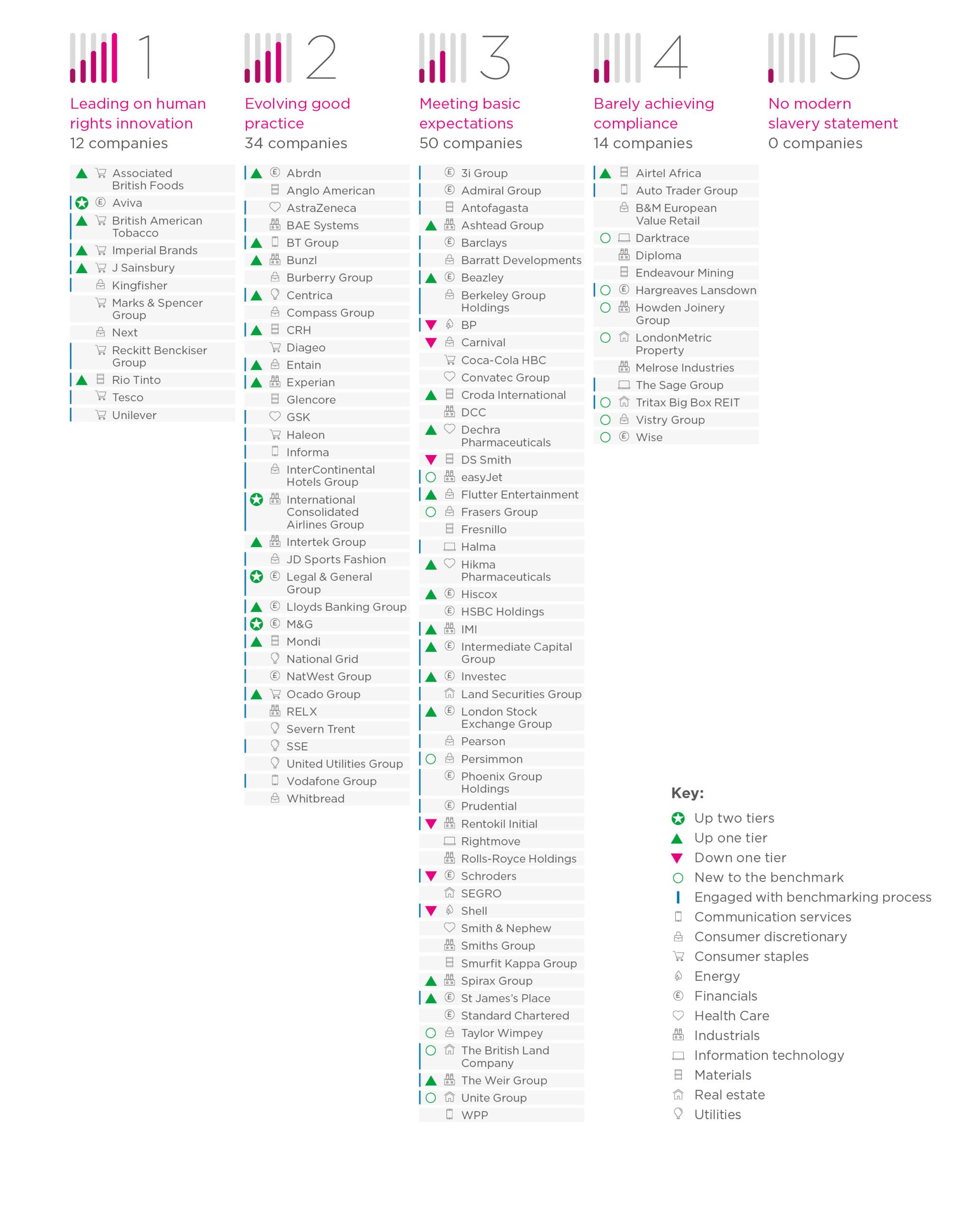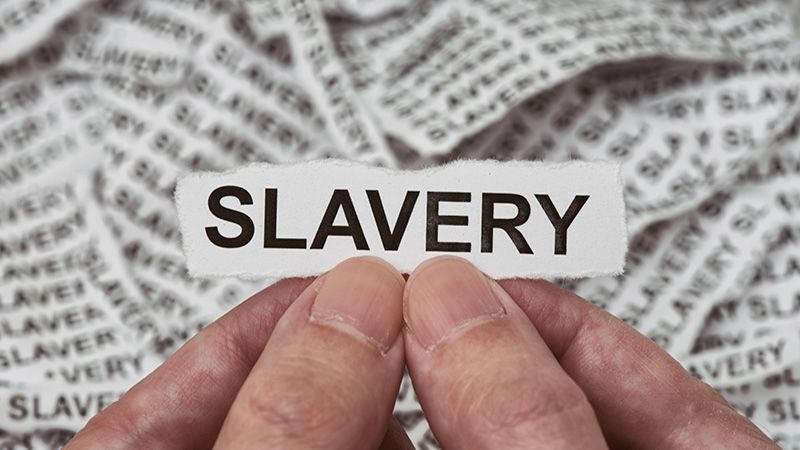More UK companies are disclosing around modern slavery in their operations or supply chains, according to CCLA’s Modern Slavery UK Benchmark 2024, but, more worryingly, not enough is being done to address issues when they are identified.
CCLA assessed 110 companies in the top 100 UK listed companies in the MSCI IMI 100 for evidence of modern slavery in their supply chains, or indicators that forced labour was taking place.
These companies were assessed against topics including: compliance with the Modern Slavery Act; the quality of their efforts to find, assess and measure the risks of modern slavery; their efforts to provide remedy to modern slavery victims; and the efforts the company has taken to prevent the occurrence of modern slavery in their operations and supply chains.
It found 30 of these companies disclosed finding modern slavery in its operations. This is an improvement from last year, where only 25 companies disclosed finding modern slavery or its indicators.
Although this shows that companies are making greater efforts to uncover the abuse of workers, they continue to underperform in correcting the damage done when this abuse is revealed, such as offering compensation, access to health, legal or social services and repatriation.
Overall, companies scored a low average of 1.6 marks out of 8 in their acknowledgement of the impacts of modern slavery on those involved. CCLA found most modern slavery statements focused on setting standards rather than ensuring remediation.
However, performance has gone up by 6.5%, with consumer staples and financials seeing the biggest improvements. The average company score was 36 out of a potential 62 points – up 6.5% from last year. The assessed companies were assigned one of five tiers – companies in tier 1 are known as ‘the leaders on human rights innovation’ and scored between 81-100% (50-62 points), while those in tier 5 have no modern slavery statement – there were zero companies in the bottom tier.
Names in the top tier included J Sainsbury, Unilever, Tesco and Aviva.
They were ranked according to the potential scores a company can receive across sections of the framework. ‘Find it’ is the highest-scoring section, with 37% of the potential total score, followed by ‘conformance with the Home Office guidance’ (27%), ‘fix it’ (13%), ‘prevent it’ (13%) and ‘Modern Slavery Act compliance and registry’ (10%).
Looking at financial firms, Abrdn, M&G, Legal & General and Lloyds demonstrated ‘evolving good practice’ and were in tier 2, while St. James’s Place, Schroders, Barclays, Investec, London Stock Exchange Group and HSBC were ‘meeting basic expectations’ in tier 3.
Modern Slavery UK 24 Benchmark results

Overall, 65 companies had improved their benchmark score, with 35 companies moving up at least one performance tier. However, the benchmark revealed that 25 companies scored fewer points and six companies moved down a performance tier, which may be due to a tightening of criteria as the “benchmark has matured and greater transparency is standard practice”, according to CCLA.
This comes as around 50 million people worldwide were living in modern slavery in 2021, according to International Labour Organization (ILO). Of these, 28 million were in forced labour. Forced labour is typically found in supply chains and direct operations. It was revealed that in 2021, G20 countries imported $468bn (£369m) worth of goods at risk of modern slavery, according to the human rights group, Walk Free. Further, the ILO estimates that forced labour in the private sector generates $236bn ( £186bn) in illegal profits per year.
CCLA designed the benchmark to help investors engage with companies to tackle modern slavery. It enables investors and stakeholders to ensure companies are effectively managing the impact of modern slavery, associated business risks, and whether appropriate support to individuals affected is being provided.
Peter Hugh Smith, chief executive of CCLA, said: “Modern slavery is both endemic throughout the global economy and an abuse of human rights. Businesses have an obligation to find, fix and prevent it and we should not judge them for exposing modern slavery, but on what they do to address it when it is uncovered.
“As an investor, we are determined to stamp out modern slavery, including using our influence to bring investors together as well as engage directly with the companies in which we invest. We call on investors, companies and policymakers to do more to address this.”








